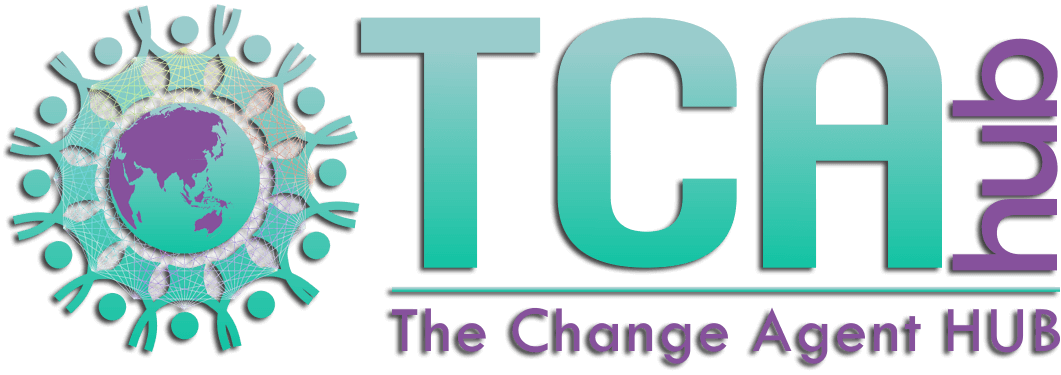Setting or negotiating an effective valuation Cap Rate provides early stage investors assurance that they won’t suffer significant delusion should the upcoming equity round valuation be extraordinarily high. This is especially important given the early stage risk the convertible note or SAFE investor will take.
It also bids well for the impact founder or CEO to take care of their early stage investors in order to attract the necessary capital to scale their business.
Being unwilling to offer a valuation cap on your offer is asking the early stage investor to take on what could be an avoidable risk. This could result in losing the prospective investor.
Convertible note and SAFE (Simple Agreement for Future Equity) financings are typically more favorable to early-stage companies than a Series A financing. But investors are savvy and many realize that convertible notes or SAFES may not adequately compensate them for the risk that they take in funding early-stage companies.
To sweeten the deal, the convertible note or SAFE will typically include what’s known as a conversion discount. This is the discount rate that is applied to the company’s valuation for the purposes of calculating the conversion price for the notes or SAFE. For example, if the company’s valuation is $2 million in the financing round that causes the notes to convert and the discount is 20%, then the debt converts at a valuation of $1.6 million. Typically, the discount results in dilution only to the existing stockholders and not the new investors in the financing (i.e., despite additional shares going to the note or SAFE holders, the new investors still invest at $2M and not some higher valuation).
Angel investors might also request a valuation price cap on the convertible note or SAFE discount. The conversion cap effectively acts as a price-per-share ceiling. It sets the maximum company valuation at which the notes will convert into equity (e.g. $5 million). An automatic conversion discount with a price cap might look something like this:
“The notes shall convert at the lower of (i) a 20% discount from the Series A price, or (ii) the price per share determined if the valuation was $5 million.”
In essence, the conversion cap ensures that the angels’ price-per-share will be the lesser of the eventual Series A financing or the cap. The idea behind this is that the investors took significant risk early in the life of the company, so if the company uses the angels’ money to significantly increase the company’s valuation, the angels should benefit – not just the founders.
Typically, the valuation in a conversion cap will be a reasonable projection of the valuation range in the Series A financing (but, often it is merely a negotiated estimate of existing company value). But if it turns out the company’s actual valuation at the time of the next round financing is lower than the cap, the debt or SAFE converts at the company’s actual valuation with a discount (since the note investors came in earlier than the Series A investors, thus taking on more risk than the new investors).
Even taking the conversion cap into account, convertible debt or SAFE financings are still typically easier to complete than Series A financings. And if negotiated carefully, capped conversions can achieve the company’s objectives while providing the upside that angel investors seek.
Overall, setting a valuation cap is more art than science. The most crucial factor is ensuring that founders do not take a disproportionate amount of future dilution. After all, it’s the founders (and their team) who drive the most value creation in any startup so it’s in all stakeholders interest for them to be properly incentivized.
Want to get prepared to raise capital successfully?
Download our Free Fundraising Checklist Here: https://thechangeagenthub.net/fundraising-checklist
Once you receive the checklist you’ll be redirected to a video walkthrough so you can use this checklist most effectively. And you’ll also be invited to check out our 9-step fundraising preparation roadmap with detailed information called Impact Incubator Immersion. This program is the exact process all our impact clients have used to raise capital successfully.



